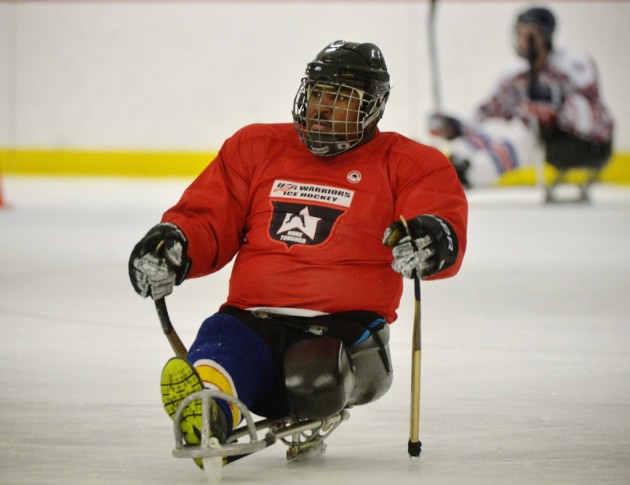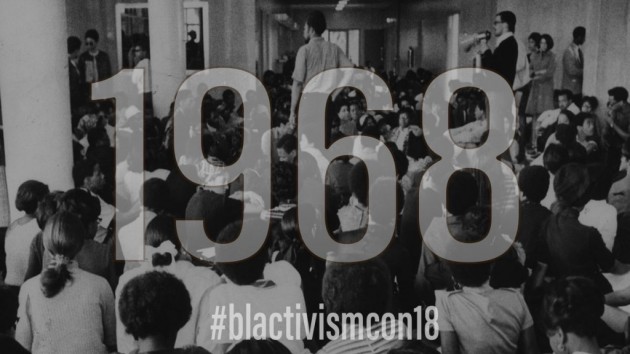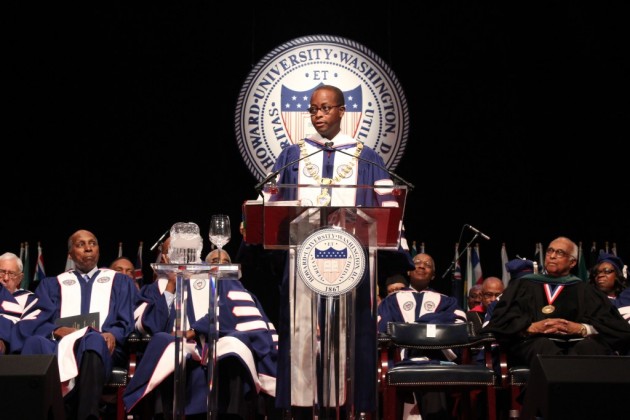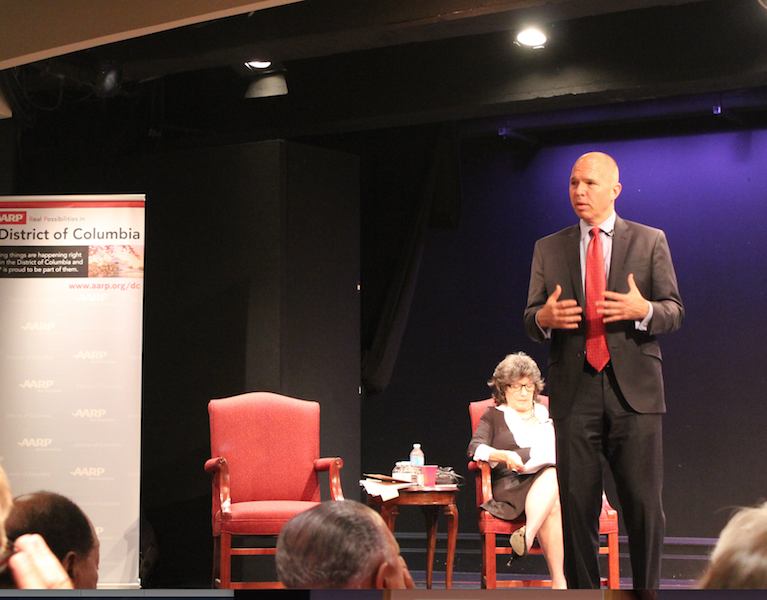Historically black colleges are not all black. Dr. Wilma
BaoHan Vo is one of them, a Vietnamese biologymajor who said she decided to come to Clark Atlanta University forits science and research programs.
Though some of Vo’s friends were surprisedthat she wanted to attend an HBCU, Vo said she wanted to discovermore about other cultures and about diversity in America.
Rachel Ames, who is Filipino-Chinese, isanother, an accounting major at Clark Atlanta from SanFrancisco.
Ames said she came to the university becauseshe wanted to attend a private institution, and has been pleased byits Southern hospitality.
Unfortunately, that hospitality has not beenextended to everyone. Marquita Gonzalez, a black Puerto Rican, saidshe came to Clark Atlanta to be in a different setting. But, shefound some students who were not so welcoming.
“When I first arrived, a guy approached me andsaid, ‘Why are you going to a black school? You aren’t black.'”
According to the university’s Office ofPlanning Assessment and Research, 4,915 graduate and undergraduatestudents were enrolled at Clark Atlanta as of last semester. Ofthose, 543 were non-black.
Josh Dill, a white freshman at MorehouseCollege, said that he enrolled mainly to gain a sense ofbrotherhood that he felt he missed as an only child. But, not allencounters have been brotherly.
“My worst experience here was when I wasapproached by [someone] who said, ‘I hate when white boys come toMorehouse.'” Dill said he was disappointed by the ignorance of thecomment, but that Morehouse was his first choice and said hetreated every day as a new experience.
Elizabeth Broadway, managing editor of TheFamuan, Florida A&M University’s student paper, said,”Non-blacks who attend HBCUs should not expect to be nurtured,protected, praised, or uplifted.” Broadway went on to saythat she did not consider that discrimination, just culturalpride.
“I think that it’s an educational experiencefor them because they will be knowledgeable of the black culture,”said Olicia Strong, a Clark Atlanta film major.
Ron Smith, a 57-year-old white graduatestudent at Clark Atlanta’s Interdenominational Theological Center,said he considered it a great honor to attend the center.
Smith said a black student had threatened hislife, but that 98 percent of the students were in favor of hisattending the school.
All students interviewed for this article saidthey would have no problem if their children decided to attend anHBCU.
Perhaps BaoHan Vo summed it up for everyonewhen she responded to those who ask why she chose an HBCU. “I’mjust here to get my education,” she said.
Shaka Lias is a student at Clark AtlantaUniversity who writes for The CAU Panther.




